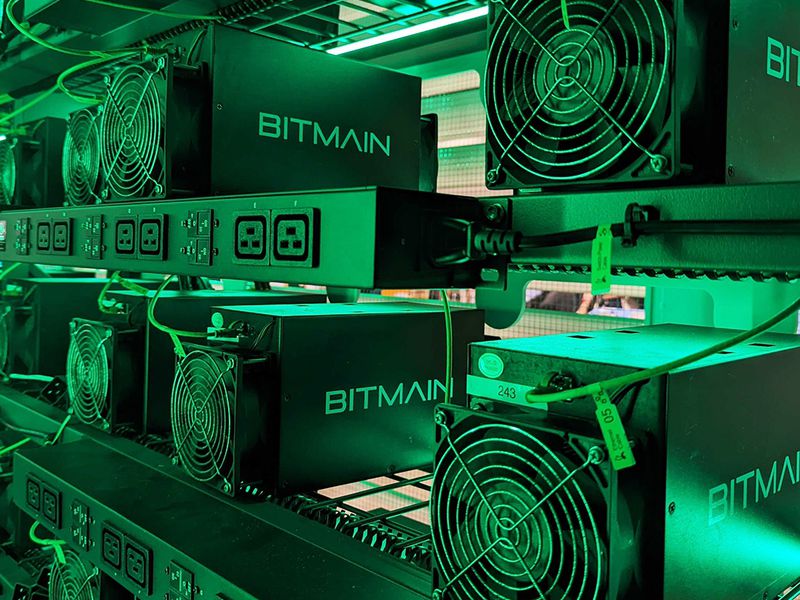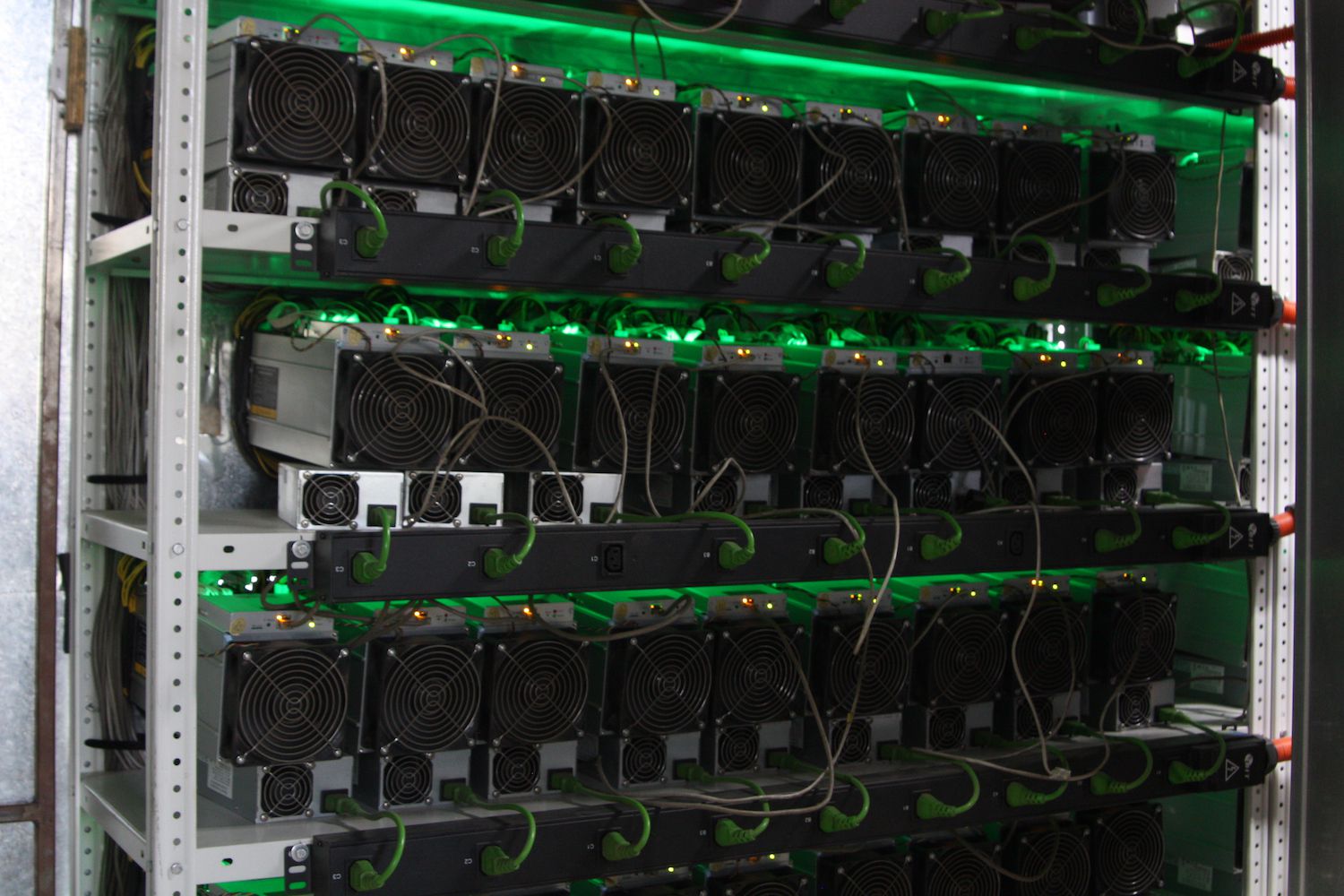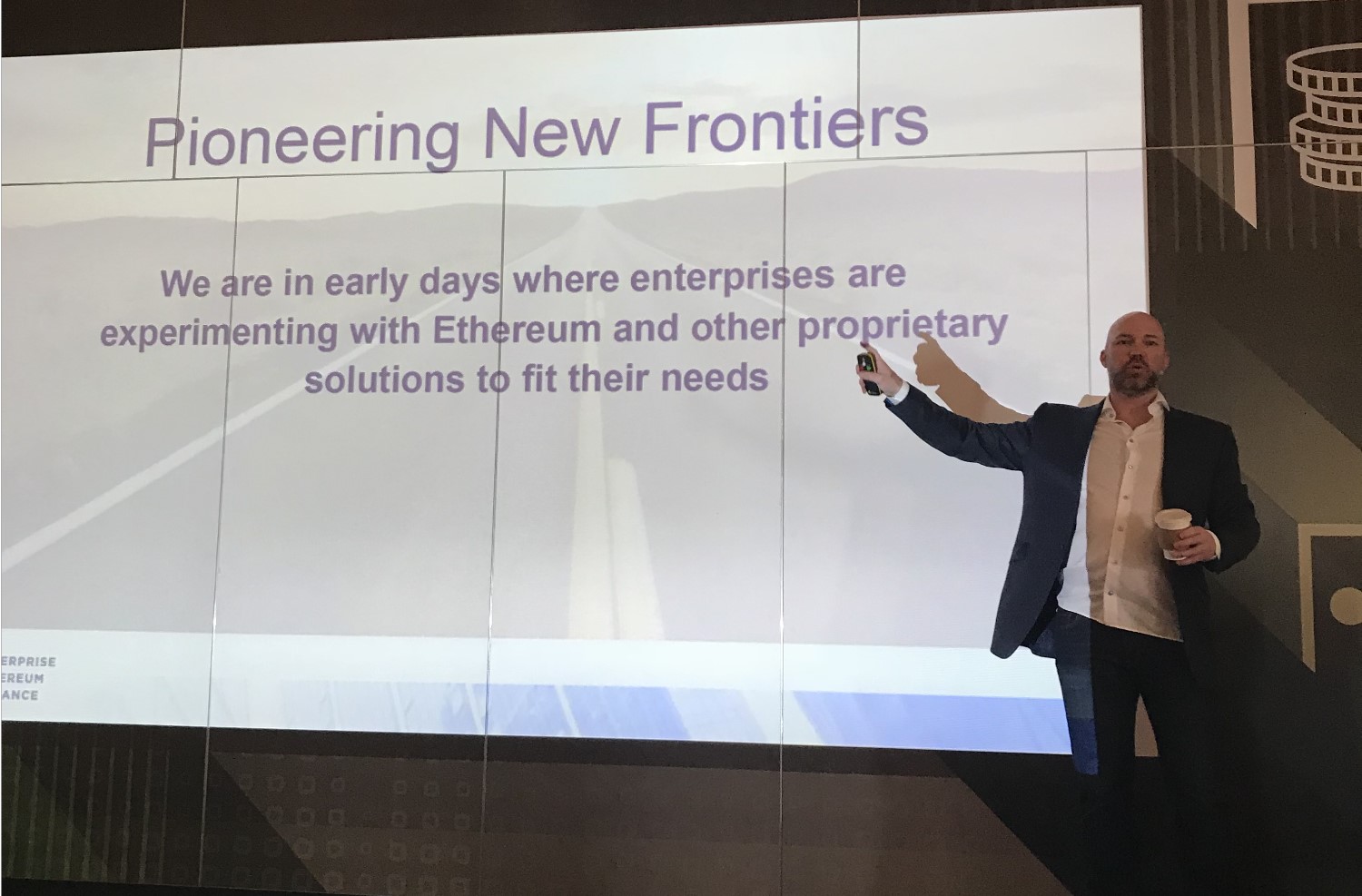On Thursday, ConsenSys-incubated startup Liquality released a new wallet that lets you atomically swap digital assets directly from your browser.
The Liquality Atomic Swap Wallet can act as a trustless alternative to current methods of porting cryptocurrencies into the decentralized finance (DeFi) space due to the peer-to-peer (P2P) nature of atomic swaps, Liquality co-founder Thessy Mehrain told CoinDesk in a phone interview.
The wallet interacts similarly to cryptocurrency wallet MetaMask, but with an entirely different end-game: swapping assets trustlessly.
“It’s called a chain abstraction layer, which basically is a way of making different blockchains talk the same language and interact,” Liquality co-founder Simon Lapscher said.
Liquality’s wallet leans on atomic swaps and hashed time locked contracts (HTLC), a cryptographic escrow scheme that allows two parties to swap assets without trusting the other party. HTLCs are also the foundation of Bitcoin’s second-layer payment scheme, the Lighting Network.
Atomic swaps: an alternative to asset wrapping
Notably, atomic swaps let investors hold onto their private keys throughout the entire exchanging process.
Mehrain and Lapscher believe these swaps can act as a trustless alternative for DeFi investors looking to bring value from one blockchain to another. To date, over $1.1 billion worth of bitcoin has been tokenized on Ethereum.
Yet, investors have increasingly relied on private firms to bring value from other blockchains to Ethereum’s DeFi markets.
Current methods of transferring value from Bitcoin to Ethereum, such as BitGo’s wrapped bitcoin (WBTC), require third-party custodianship. P2P atomic swaps, on the other hand, do not.
Liquality itself currently acts as the counterparty to all wallet swaps, with advanced users having the ability to choose other counterparties. The startup makes revenue acting as market maker for swaps, Lapscher said.
Enough adoption should create sufficient network liquidity within the wallet to allow Liquality to disinvolve itself entirely from the process, he added.









